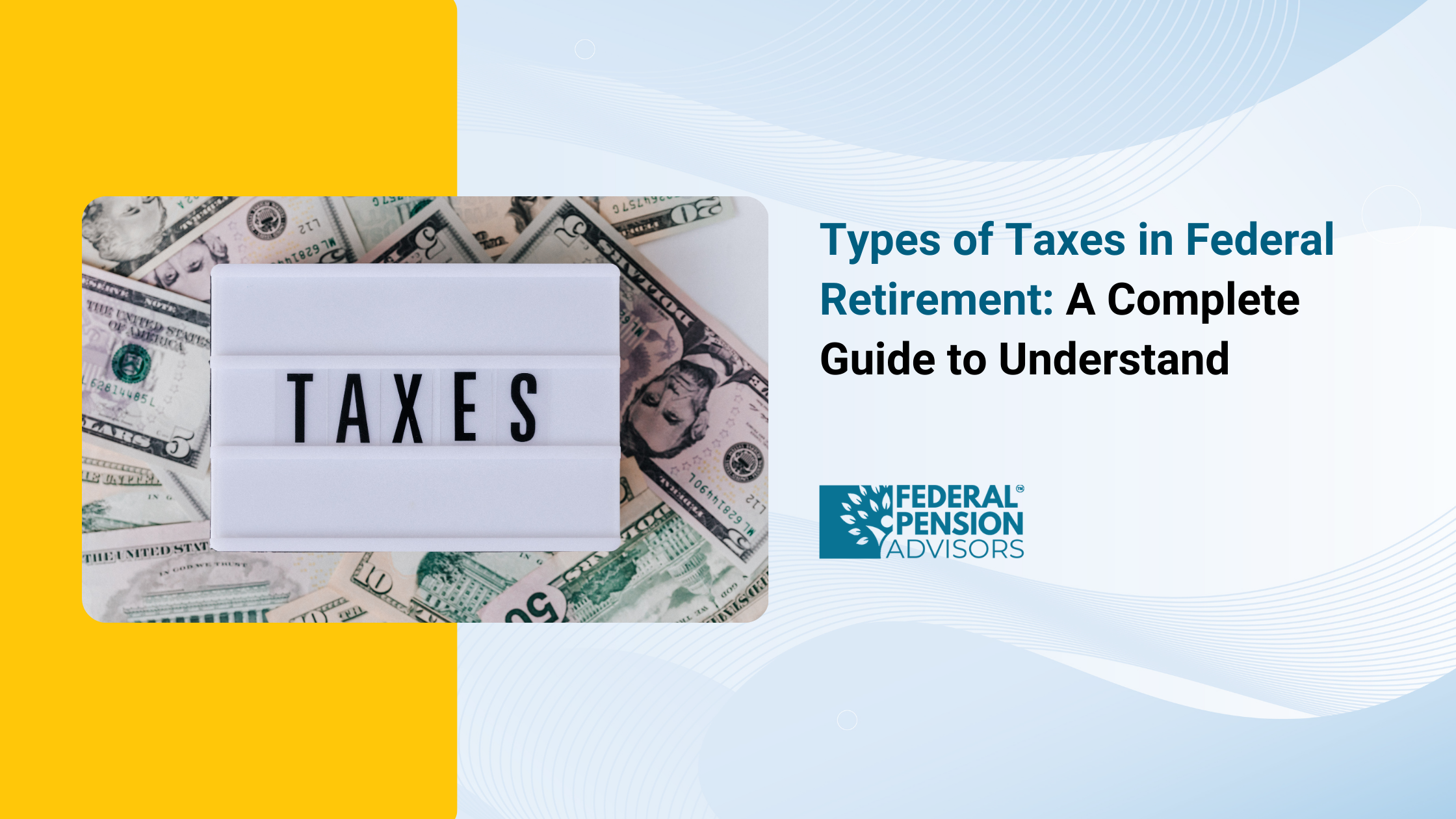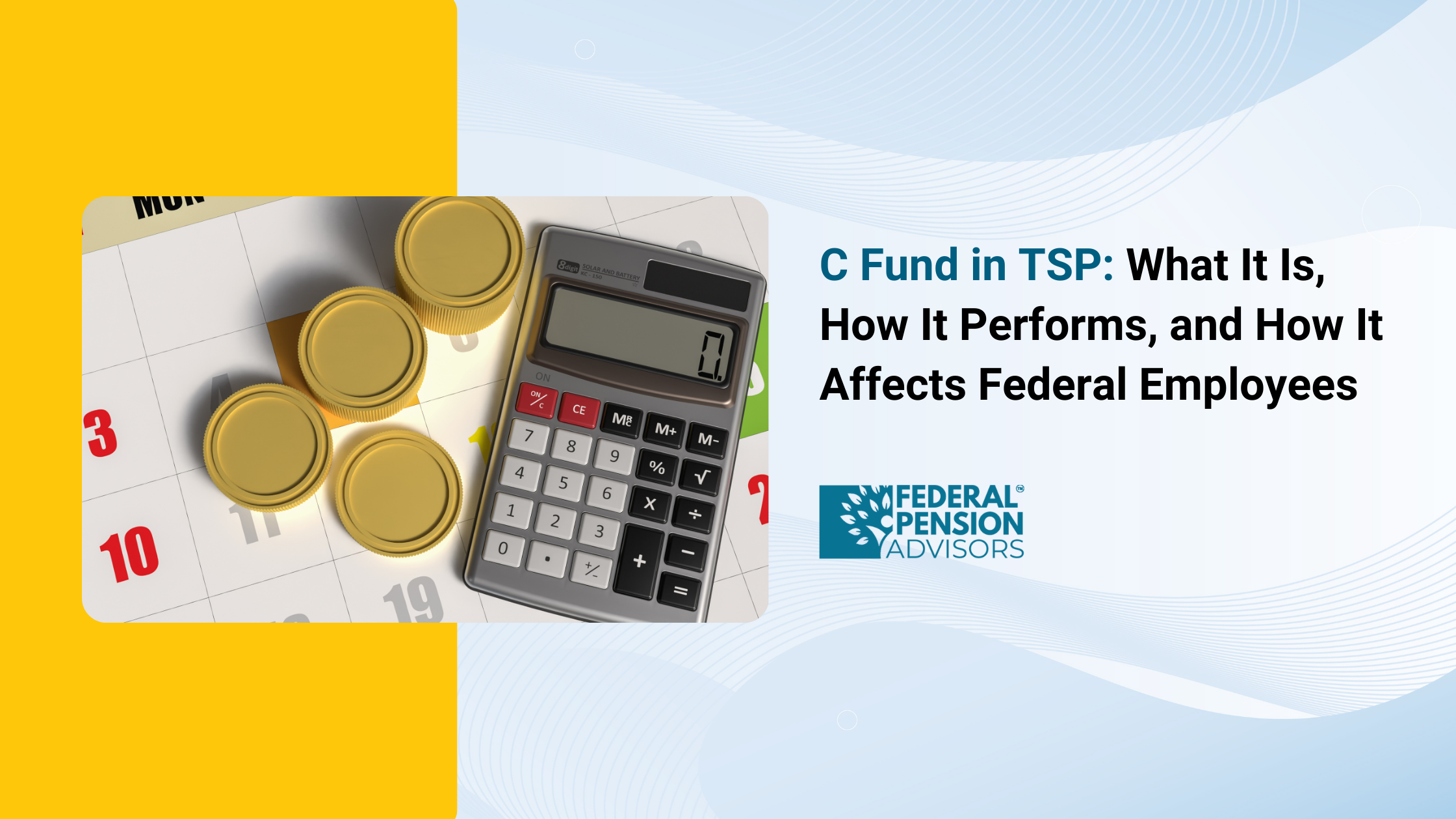You’re not alone; 4,359 federal employees booked their free review.

FEGLI After Retirement 2025 Update: Coverage, Costs, and Should You Keep It?
The Federal Employees’ Group Life Insurance (FEGLI) program remains one of the most widely used benefits among federal workers yet also one of the most misunderstood in retirement. Premiums rise with age, coverage values decline over time, and once you make an election, changes are hard to reverse.
In our experience advising federal employees and retirees, FEGLI can still be a valuable safety net but only in the right circumstances. Here’s what’s new for 2025, how your FEGLI coverage works after retirement, and the key financial factors to consider before making your decision.
What Is FEGLI?
The Federal Employees’ Group Life Insurance (FEGLI) program is a group term life insurance plan available to most federal employees. Coverage includes:
- Basic Insurance (the foundation)
- Optional Insurance: Option A (Standard), Option B (Additional), and Option C (Family)
Unlike private life insurance, FEGLI requires no medical exam. Premiums are automatically deducted from your paycheck while employed.
As of 2025, FEGLI still does not have a regular “open season.” You can drop coverage at any time, but re-enrolling typically requires medical certification or a Qualifying Life Event (QLE) such as marriage, birth, or adoption. (Note: retiring from federal service is not considered a QLE.)
Eligibility to Continue FEGLI After Retirement
To carry your FEGLI coverage into retirement, you must:
- Have been enrolled in FEGLI for the five years immediately before your retirement, or
- Have been covered from your earliest opportunity to enroll.
If you don’t meet this requirement, unfortunately, you cannot continue FEGLI after retirement.
2025 Tip: Make sure your five-year window ends before your retirement date not after. Even a short gap can disqualify post-retirement coverage.
Basic FEGLI Coverage After Retirement
Basic FEGLI coverage equals your final annual salary rounded up to the next $1,000, plus $2,000.
Example: A $78,400 salary provides $79,000 + $2,000 = $81,000 in Basic coverage.
Upon retirement, you can choose one of three reduction options:
1. 75% Reduction (Most Popular)
- You continue paying the same premiums until age 65.
- At age 65 (or retirement if later), premiums stop entirely.
- Your coverage then reduces by 2% per month until it reaches 25% of the original amount, and remains there for life.
Why retirees choose it: It’s the most cost-efficient no future premiums and a guaranteed small benefit for final expenses or survivor support.
2. 50% Reduction
- Coverage gradually reduces to 50% of the original value.
- You pay a modest ongoing premium for life.
Who it suits: Retirees who want some continuing protection for spouses or dependents but want to manage costs.
3. No Reduction
- Coverage remains at 100% of its value.
- You continue paying full premiums, which increase with age.
Who it suits: Retirees in poor health who cannot qualify for private insurance but still want full protection.

Optional FEGLI Coverage in Retirement
If you carried FEGLI Basic into retirement, you can also maintain your optional coverages A, B, and C though costs rise sharply with age.
Option A – Standard Coverage
- Provides $10,000 additional coverage.
- Premiums increase with age and stop at age 65 if you keep the 75% reduction.
- Both Basic and Option A include accidental death & dismemberment (AD&D), but AD&D ends at retirement.
Option B – Additional Coverage
- Provides 1–5 multiples of your final salary, rounded to the next thousand.
- Premiums rise every five years, and by age 70 can exceed $1 per $1,000 of coverage.
Example:
If you retire with $300,000 in Option B coverage, by your 70s you could pay over $300 per month often more than the cost of a comparable private term policy.
Many retirees choose to reduce or cancel Option B because of these steep increases.
Option C – Family Coverage
- Covers your spouse and eligible dependent children (up to age 22).
- You can choose multiples of $5,000 for a spouse and $2,500 for each child.
- Premiums also increase every five years.
Many retirees drop this option after children become financially independent.
FEGLI Premium Costs in 2025
FEGLI rates haven’t changed significantly since OPM’s last published update in 2021, but they remain age-based and non-level. That means costs automatically rise as you move into higher age brackets.
For many healthy retirees, private coverage or self-funding (using savings or TSP withdrawals) can become more cost-effective than maintaining FEGLI Option B or C.
Should You Keep FEGLI After Retirement?
This is where personal circumstances matter most.
Deciding whether to continue FEGLI is not just about the premium it’s about your health, family needs, and long-term financial plan. Here’s a quick reference:
(Source: OPM.gov, FEGLI Handbook)
2025 FEGLI Planning Tips
To make the best FEGLI decision this year:
- Review your SF-50 and FEGLI election (SF-2817) before you retire confirm coverage accuracy.
- Compare private quotes before age 65. After that, age and health may restrict options.
- Coordinate with survivor benefits. If your spouse will receive a survivor annuity, you may not need high FEGLI coverage.
- Run a break-even analysis. Determine how long you’d need to live for FEGLI to “pay off” compared to a private plan.
- Consult a certified federal benefits advisor to project lifetime costs and value.
Final Thoughts: Making the Smart FEGLI Decision
FEGLI after retirement remains a solid, government-backed benefit but it’s not automatically your best or only option.
In our experience advising thousands of federal retirees, the 75% reduction Basic FEGLI remains the sweet spot: affordable, permanent, and simple. However, if you’re paying large premiums for Options B or C, it may be time to explore private life insurance or alternative financial protections.
Plan Confidently with Federal Pension Advisors
At Federal Pension Advisors, we help federal employees and retirees evaluate their FEGLI, FERS, and TSP benefits together creating a coordinated retirement strategy that protects your income and your family.
If you’re wondering “Should I keep FEGLI after retirement?” schedule a free 30-minute consultation today.
No pressure, just clear answers from advisors who specialize in helping federal employees retire with confidence.
FEGLI FAQs
1. Can I continue FEGLI automatically after retirement?
No only if you’ve been enrolled for five consecutive years before retirement or from your first opportunity to enroll.
2. What happens to my Basic FEGLI coverage after I retire?
You’ll choose between 75% reduction, 50% reduction, or no reduction, each with different costs and benefits.
3. Are FEGLI Option B and C premiums fixed?
No. They increase every five years (at ages 65, 70, 75, etc.). Many retirees reduce or cancel these options later.
4. Can I drop Option B or C after retirement?
Yes, you can drop or reduce them anytime but once canceled, you cannot reinstate them.
5. Has FEGLI changed in 2025?
No major changes. OPM has not announced a new open season or rate adjustment. However, it continues to encourage retirees to review their life insurance annually as part of their overall retirement plan.


Get Updated
Subscribe to our weekly updates for the latest on retirement planning, federal benefits, exclusive webinars, and more!
Download Federal Retirement: Step-by-step Checklist
This comprehensive guide will help you understand your federal benefits, optimize your savings, and plan for a comfortable future.



.png)








